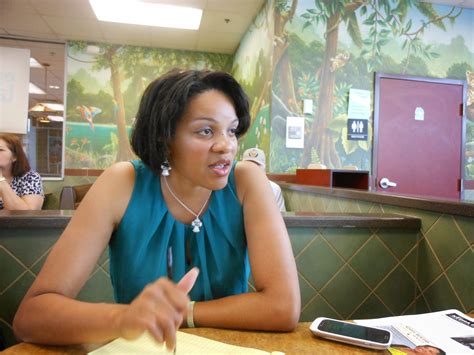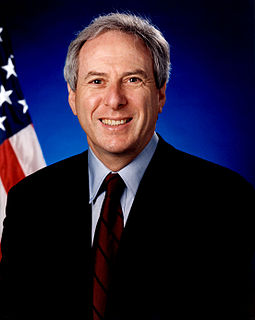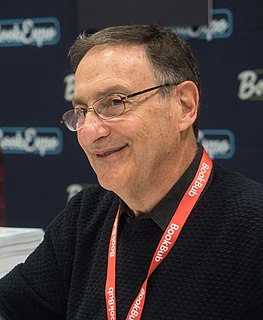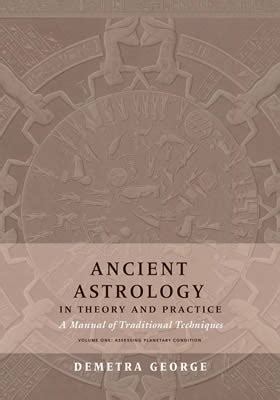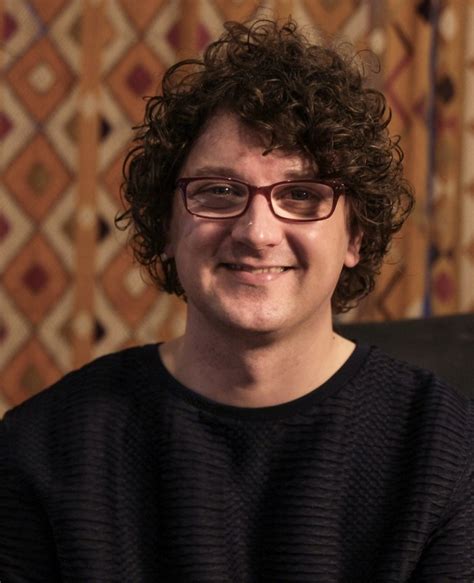Top 77 Asteroids Quotes & Sayings
Explore popular Asteroids quotes.
Last updated on April 14, 2025.
If governments decide to return to the Moon - as seems to be the case - it must be to build villages, not bases, and to do it as rapidly as possible, as it needs to be an immediate challenge, not a distant dream. And if some want to go to Mars or mine asteroids, they need to be seen as part of a new frontier community.
Asteroids have us in our sight. The dinosaurs didn't have a space program, so they're not here to talk about this problem. We are, and we have the power to do something about it. I don't want to be the embarrassment of the galaxy, to have had the power to deflect an asteroid, and then not, and end up going extinct.
People have to take seriously the threat coming from asteroids and what it represents. As Chelyabinsk reminded us, we have to take asteroids as a serious scientific concern, as well as a concern for protection of mankind and survival of the planet. This is not some kook policy. It's the protection of the interests of every single individual life on this planet.
If you were to stand on an asteroid in the main belt of asteroids between Mars and Jupiter in our solar system, you might be able to see one or two asteroids in the sky, but they would be very far away and very, very small. So you wouldn't have this 'dodging through tons of rocks' business you get in the movies.
I've said multiple times that the world's first trillionaire is going to be the person who exploits the resources of asteroids, the natural resources that are rare on earth and common on selected asteroids. So there are many different reasons you might want to go into space. You might want to spend your honeymoon on the far side of the moon.
The strongest signals leaking off our planet are radar transmissions, not television or radio. The most powerful radars, such as the one mounted on the Arecibo telescope (used to study the ionosphere and map asteroids) could be detected with a similarly sized antenna at a distance of nearly 1,000 light-years.
One of the reasons NEOWISE is so valuable is that it sees the sky in the thermal infrared. That means that instead of seeing the sunlight that asteroids reflect, NEOWISE sees the heat that they emit. This is a vital capability, since some asteroids are as dark as coal and can be difficult or impossible to spot with other telescopes.










